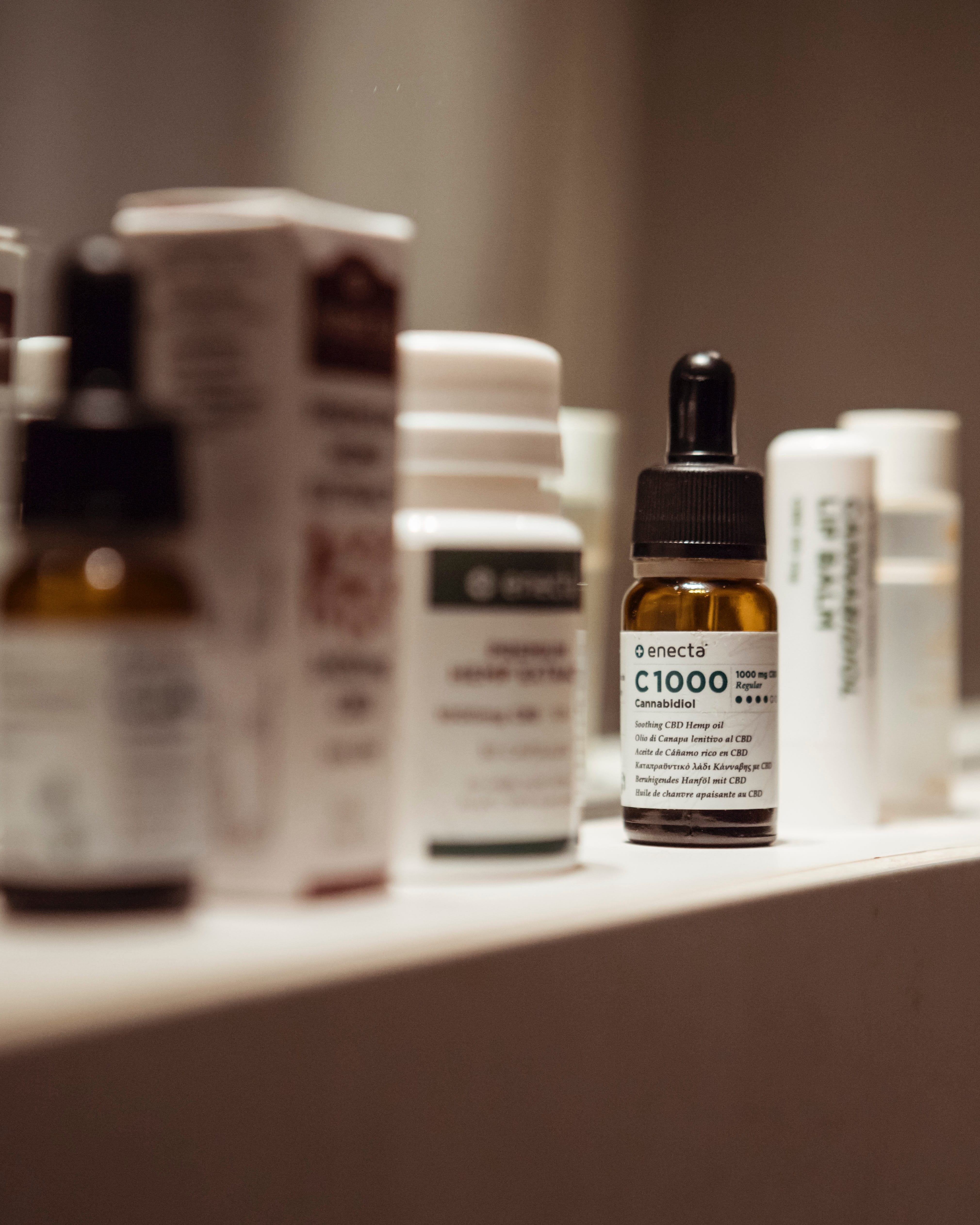Oklahoma takes J & J to court in opioid trial. J & J mounts its defense.
The first trial over whether a pharmaceutical company is liable for the opioid crisis is officially underway. Attorneys for the state of Oklahoma have accused Johnson & Johnson (J & J) of “creating a deadly demand” for highly addictive drugs, while J&J responded that it had “acted responsibly and lawfully in its quest to offer relief to chronic pain patients.”
As two other defendants have agreed to settle with Oklahoma – Purdue Pharma will pay $270 million, Teva Pharmaceuticals, $85 million – the J & J trial is now being closely watched. And, J & J pushed back hard, arguing that the Oklahoma is “responsible for its own drug review board and prescription monitoring program neglecting to divert opioid use.” It also stated that Oklahoma could not “tie any death directly to the company’s products – Duragesic, a fentanyl patch, and Nucynta,” an opioid pill it no longer makes.
“You hear about pill mills,” said Larry D. Ottaway, the lead counsel for a J & J subsidiary, Janssen Pharmaceuticals. “You don’t hear about patch mills.”

“If you oversupply, people will die,” said Brad Beckworth, who represents the Oklahoma attorney general’s office as the state argued J & J’s sales team deceived physicians for years, and in doing so, Beckworth said, “J & J convinced doctors to start with and stay with medications intended only as a last resort,” such as fentanyl. He added, “Through greed and deceptive marketing practices, J & J aggressively competed with Purdue Pharma, which used a similar approach for OxyContin.”
Beckworth cited the company’s promotional materials, which long praised the benefits of opioids. “Everywhere in the decision tree about prescribing or taking an opioid,” Beckworth said, “J & J was there first.”
‘Call notes’ presented during the trial by the state included comments written by a company sales representative after speaking with Oklahoma doctors about a new product. The notes date back to the early 2000s. “We’re educating them on Duragesic,” Kimberly Deem-Eshleman testified on one note.
Beckworth said, “The act of ‘educating’ doctors should come from medical schools.” He added, “You were educating them on taking something everyone knew should be prescribed with extreme conservatism.”
The call note process was terminated, according to J & J, in 2009. Deem-Eshleman testified the system was changed to “streamline it” by using a ‘drop down’ option as opposing to writing texts.
In 2009, when J & J’s promotional materials said that opioids “rarely caused addiction,” the Food and Drug Administration (FDA), the company argued, had made the same assertion. It’s defense team argued that “each drug meticulously took a decade to develop; that the company and federal regulators continued to monitor the drugs after launch; that the state, through licensing doctors and pharmacists, had its own oversight responsibility; and that the company’s goal all along was to aid millions of patients with chronic pain.”
Ottaway seemed confident in J & J’s approach, indicating Oklahoma’s case was misguided and it should have been handled outside of court. However, he said in conclusion, “When you’re right, you fight.”
The trial is estimated to take approximately two months, according to industry experts.
Sources:
Oklahoma Faces Off Against J & J in First Trial of an Opioid Maker
‘Call notes’ between Oklahoma doctors, Johnson & Johnson sales reps presented in opioid trial


Join the conversation!